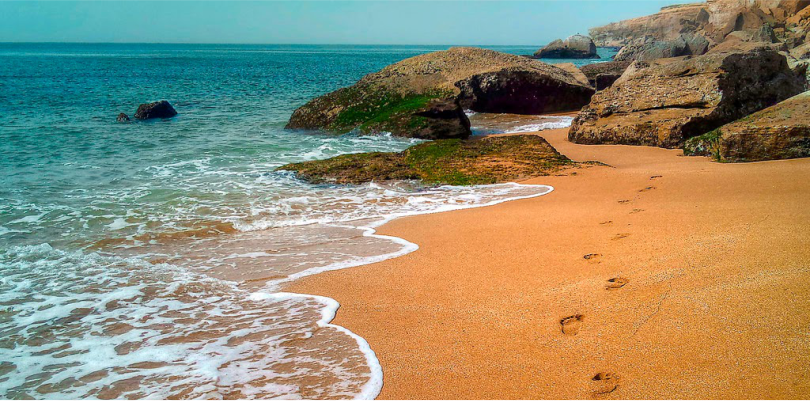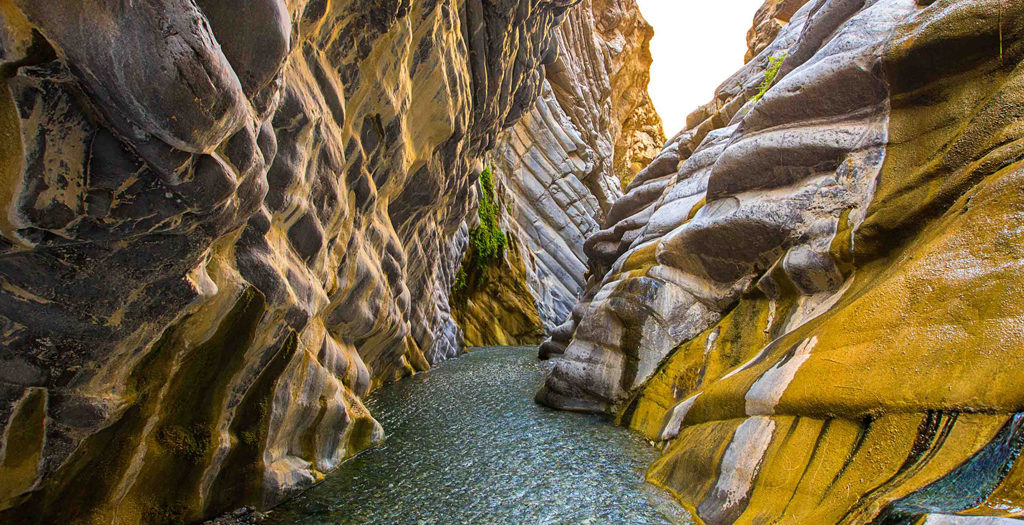Tourism help promote positive image of Balochistan: Chinese scholar


Government’s initiatives to improve security situation in Balochistan and projects launched under China-Pakistan Economic Corridor (CPEC) have created a number of opportunities for tourist to explore natural beauty of the province.
“I think it’s fair to say that the continuous development of the China-Pakistan Economic Corridor (CPEC), especially the construction of Gwadar Port, has brought a new hope to Balochistan, which has been backward for a long time and has also created conditions for the development of tourism and cultural industry in the province.”
This was stated by Cheng Xizhong, visiting professor at Southwest University of Political Science and Law in his article published by China Economic Net (CEN) on Saturday.
According to media reports, the Balochistan government has launched seven projects to promote tourism in coastal areas of the province on which work is in progress.
A meeting chaired by the chief minister discussed promotion of tourism, culture, archeology and development schemes at tourist sites in Balochistan.
A master plan has been prepared for the promotion of tourism and work on eco-tourism resorts is also underway at seven places in the coastal areas of the province.
As per the master plan, model beach parks will be established at Gadani, Kund Malir, Ormara, Pasni and Gwadar to provide maximum facilities to tourists.
The master plan for the development of tourism facilities in Ziarat and Shaban valleys has also been prepared.
In Balochistan, tourism offices will be set up at divisional levels, and tourism information centers will be opened along major highways.
The Balochistan government believes that the promotion of tourism, arts and culture will highlight the positive image of Balochistan.
Balochistan, the largest provinces of the country, spreads over an area of 347,190 square kilometers, accounting 43.6 percent of the total area of Pakistan. Balochistan has a population of 7.167 million, accounting for five percent of Pakistan’s total population.
Physically, Balochistan is an extensive plateau of rough terrain divided into basins by ranges of sufficient heights and ruggedness. Broadly, Balochistan’s geographic area can be divided into four distinct zones: Upper high lands, lower high lands, plains, and deserts.
The coastal-line is about 760 kilometers long, with a number of peninsulas and promontories.
The coastal area is not effectively connected with the interior and the steep hills rise abruptly beyond the narrow coastal plain. Ports, such as Somiani, Pasni and Gwadar are unsheltered.
Federal and provincial governments have comprehensive development plans that feature a deep-sea port at Gwadar and a coastal highway.
“I think it’s fair to say that the continuous development of the China-Pakistan Economic Corridor (CPEC), especially the construction of Gwadar Port, has brought a new hope to Balochistan, which has been poor and backward for a long time and has also created conditions for the development of tourism and cultural industry in the province,” Cheng Xizhong said.
As one of the pillars of CPEC, Gwadar Port provides a series of convenience measures for investors. At present, Gwadar Port has great potential in sewage treatment, power generation, entrepot trade of oil and gas, storage, and development of export bonded areas.
More than 30 investment companies from China have invested RMB 3 billion. The new airport and other infrastructure projects are under construction. In the future, the infrastructure level of Gwadar Port will reach a height.
In terms of investment, in addition to the preferential measures of the federal government, the Balochistan government has also provided 23 years of tax exemption, 100% exemption of equipment import duties at the construction and operation stages of the project, 99 years of land lease, flexible visa management measures, supporting infrastructure and security measures.
Gwadar Port is located along the Arabian Sea and at the junction of the Silk Road Economic Belt and the Maritime Silk Road. It is a natural deep-water and ice-free port with unique geographical advantages.
At present, Balochistan has two special economic zones under development, namely Bostan special economic zone and Hub special economic zone.
In the economic zones, the government has provided a series of incentive policies, including the preferential supply of natural gas, electric power and other infrastructure, friendly visa policy for enterprises entering the zones, one-time reduction and exemption of import tariff of machinery and equipment, 10-year income tax reduction and exemption, five-year income tax reduction and exemption, etc.
In the development mode, it mainly adopts the combination of government development, private development and cooperation between government and social capital.
“It is worth mentioning in particular that the security situation in Balochistan has improved to a certain extent due to the government’s effective measures.
If Balochistan continues to make efforts to fundamentally improve its security situation, it will greatly attract international tourists and tourism and cultural industry will be greatly developed, ” Cheng Xizhong concluded.

